![Pictured (from left to right): Mahsa Lotfi Marchoubeh, Leanne Mathurin, Isaac Taylor, and Haitham Kalil[Click to enlarge]](https://www.electrochem.org/wp-content/uploads/2016/06/IMG_1530.jpg)
Pictured (from left to right): Mahsa Lotfi Marchoubeh, Leanne Mathurin, Isaac Taylor, and Haitham Kalil
[Click to enlarge]
It is with great pride that ECS honors the winners of the General Student Poster Session Awards for the 229th ECS Meeting in San Diego, California. In following with biannual ECS meeting tradition, awards recognized the top two poster presentations in electrochemical and solid state categories.
ECS established the General Student Poster Session Awards in 1993 to acknowledge the eminence of its students’ work. The winners exhibit a profound understanding of their research topic and its relation to fields of interest to ECS.
In order to be eligible for the General Student Poster Session Awards, students must submit their abstracts to the Z01 General Society Student Poster Session symposium and present their posters at the biannual meeting. First and second place winners receive a certificate in addition to a cash award.
The winners of the General Student Poster Session Awards for the 229th ECS Meeting are as follows:


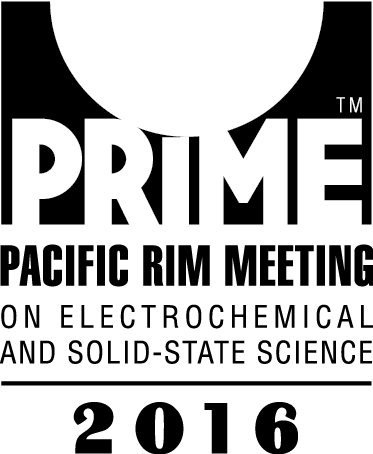 Don’t miss out on your chance to receive an
Don’t miss out on your chance to receive an 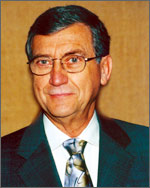
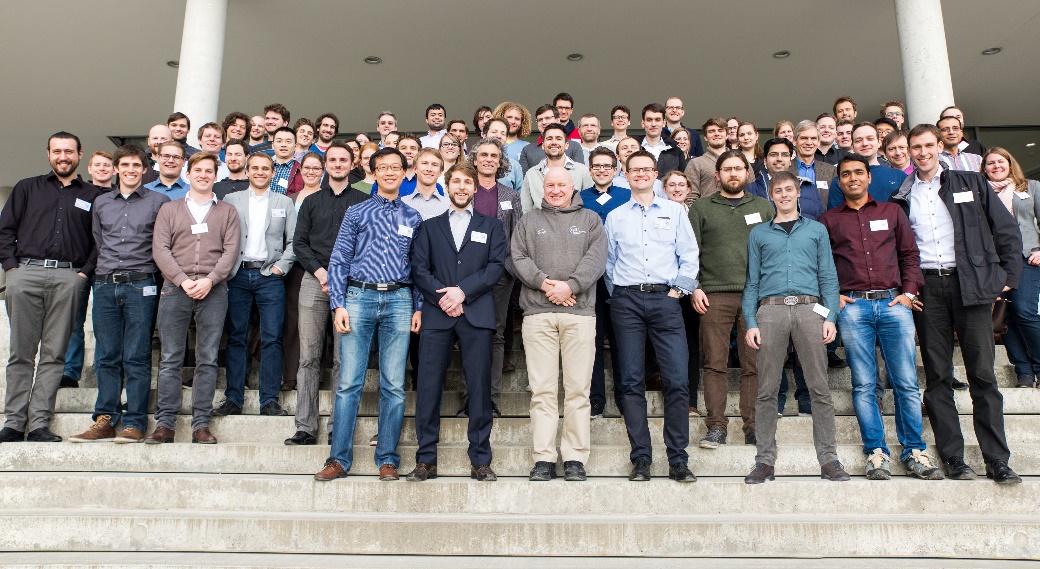
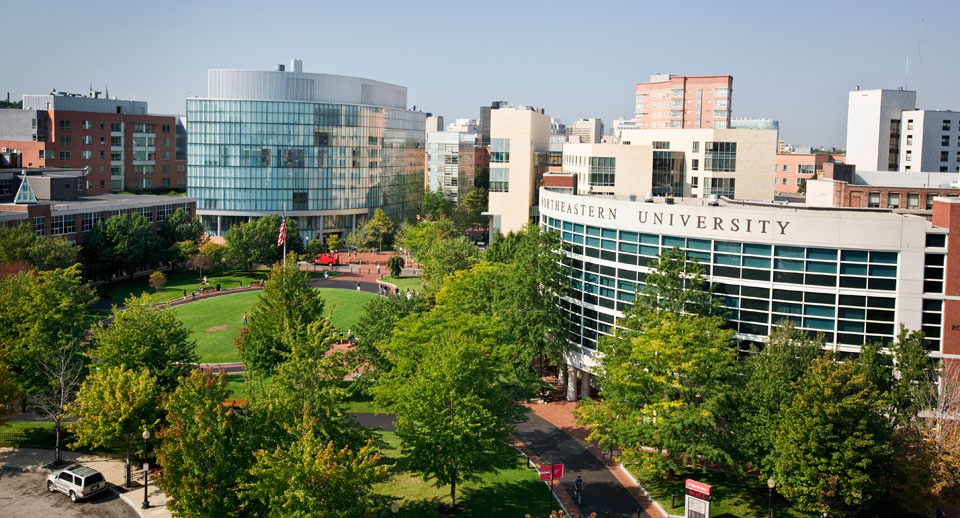
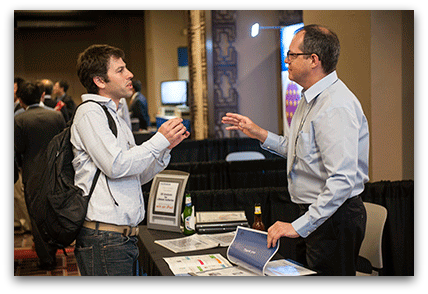 This spring, ECS will be coming to San Diego for our
This spring, ECS will be coming to San Diego for our